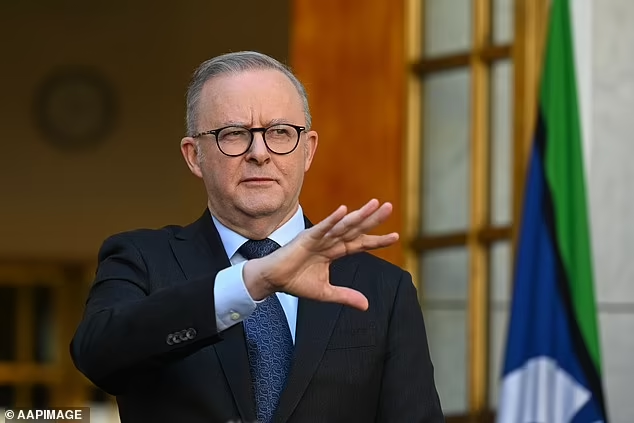Prime Minister Anthony Albanese revealed the policy on Tuesday, September 10, aiming to encourage children to engage in physical activities such as sports rather than spending time online. He described social media’s impact on young people as a ‘scourge.’
The exact minimum age for accessing platforms like Facebook, Instagram, and TikTok is yet to be determined but is expected to fall between 14 and 16 years. Albanese expressed a preference for a restriction set at 16 years.
Age verification trials will be conducted in the coming months, though experts have questioned whether it is feasible to enforce such an online age limit effectively.
“I want to see kids away from their devices and participating in sports and other real-life activities,” Albanese said. “Social media is causing social harm and has significant mental health consequences for many young people.”
Australia’s conservative opposition leader, Peter Dutton, supports the proposed age limit, emphasizing the need to protect children from the harms of social media.
However, concerns have been raised about the practicality of enforcing such a ban. Toby Murray, an associate professor at the University of Melbourne, noted that current age verification methods are unreliable and often easily bypassed.
Daniel Angus from Queensland University of Technology cautioned that an age limit might not address the underlying issues and could hinder young people from participating meaningfully in the digital world.
Conversely, Samantha Schulz from the University of Adelaide argued that while setting boundaries might be logical, it is crucial to also regulate the social media platforms themselves, as these platforms are an integral part of young people’s lives.













